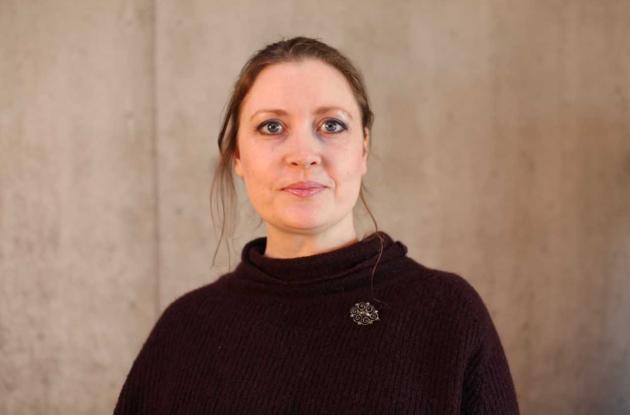Ulla Kallenbach: The role of women in Danish drama
Theatre researcher Ulla Kallenbach talks about the female playwrights who gave the link between the public and private spheres in the theatre a new voice in the 1800s and early 1900s.

Photo: SDU
Royal Danish Library's collections contain a large number of plays that have not been published. When something is not played on stage, it is quickly forgotten. At the end of the 19th century, female playwrights emerged. They can be difficult to find because some of them wrote under pseudonyms, but theatre researcher Ulla Kallenbach points to a number of female playwrights who are worth rediscovering.
There have actually been quite a few female playwrights, and their works have been performed and have also been relatively successful, but there are actually none of them who are still in the repertoire today [...] So it's high time that we get to know a little more about these women.
The light genre
Female playwrights in the 19th century in particular wrote primarily in what have been called "the light genres". That is, vaudevilles and comedies. Johanne Louise Heiberg, for example, wrote a number of vaudevilles. This trend is also seen internationally, says Ulla Kallenbach, who is currently leading a large research project on how the Royal Danish Theatre has historically been influenced by international theatre trends.
Until 1889, the Royal Danish Theatre had a monopoly on serious drama. But even if you could not necessarily have your play appear on the national stage, as a female playwright you could have your works performed at, for example, Casino Teatret, Dagmar Teatret, Nørrebro Teatret or Folketeatret, all of which had repertoires in the lighter genres.
The connection between public and private sphere
Drama is made to be experienced in a public space. But often the dramatic works are based on the private. They thus connect the public with the private, explains Ulla Kallenbach. It is then interesting to read the dramatic works with an attention to what the female playwrights focus on in the home: marriage, the role of women in society, social problems. The period from 1880 to 1930 is particularly interesting because in 1915 women were given the right to vote in Denmark.
When a piece is no longer played, and if it is not published, it tends to fall out of history. As has happened with some of the female playwrights' plays from the 1800s and 1900s. According to Ulla Kallenbach, the new agreement license will have an impact on the way we can work with theatre history by making new contexts visible and recovering forgotten voices.
Ulla Kallenbach
Ulla Kallenbach is associate professor, PhD at Theatre Studies at Bergen University. She leads the research project Artistic Exchanges: The Royal Danish Theatre and Europe at Aarhus University. Among other things, she has published "The Theatre of Imagining" (Palgrave 2018), the first major study of the cultural history of imagination in the perspective of theatre and drama history.
Ulla Kallenbach recommends
- Genklang by Emma Gad (Resonance)
- Charlotte Corday by Athalia Schwartz
- Moder by Karen Bramson (Mother)
- Diktator by Karen Bramson (Dictator)
- Hendes søn by Herdis Bergstrøm (Her Son)
- Viljen by Olga Ott (The Will)
- De evige glæder by Edith Rode (The Eternal Pleasures)
- Dansen på de blå violer by Thit Jensen (The Dance on the Blue Violets)